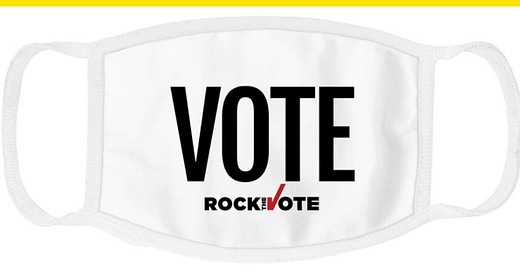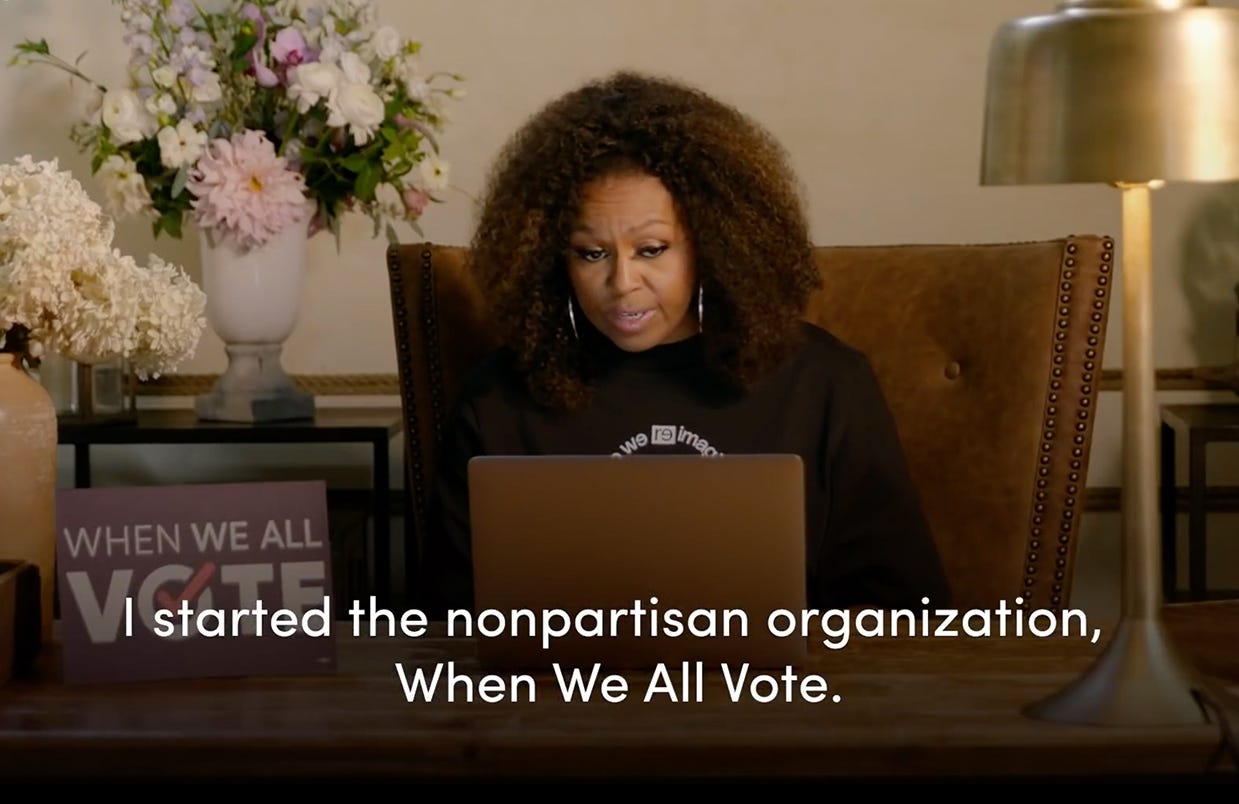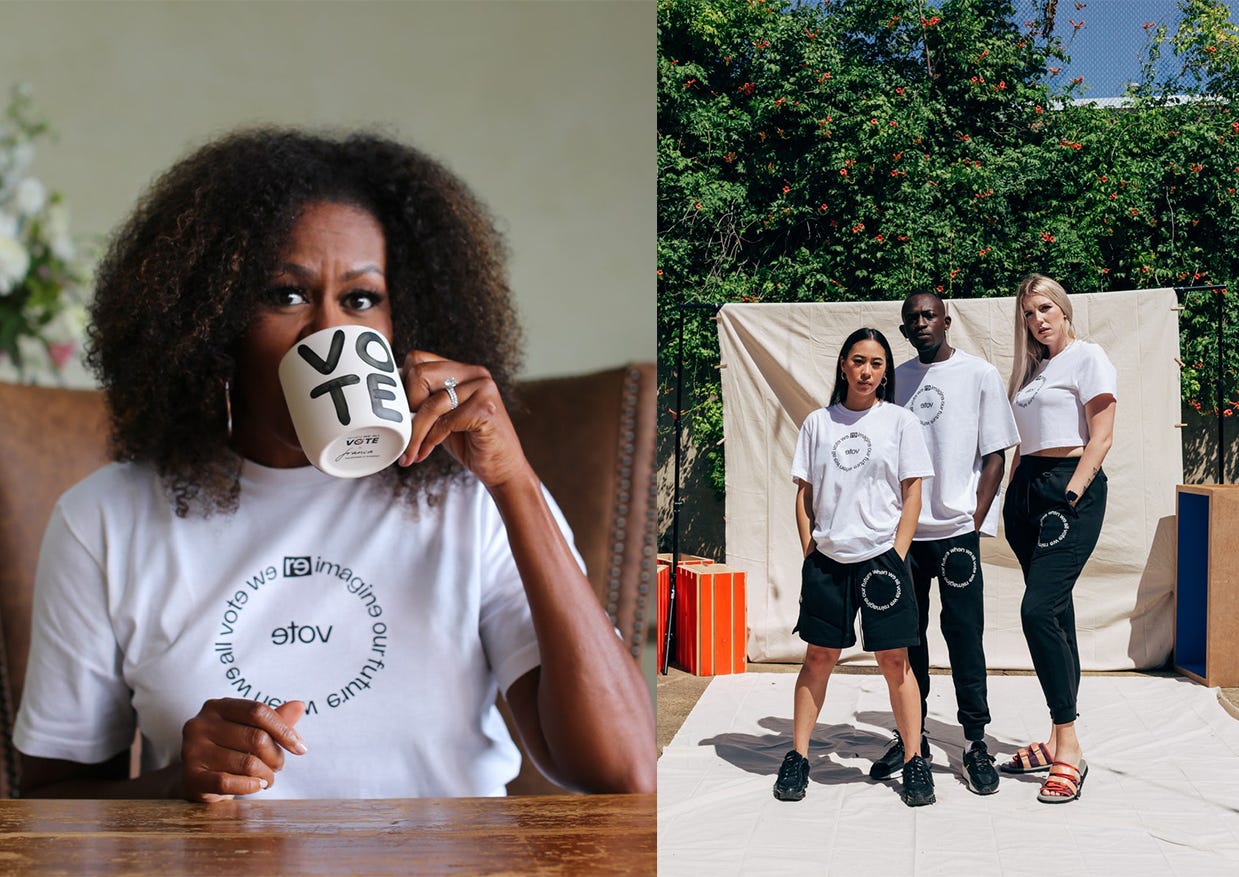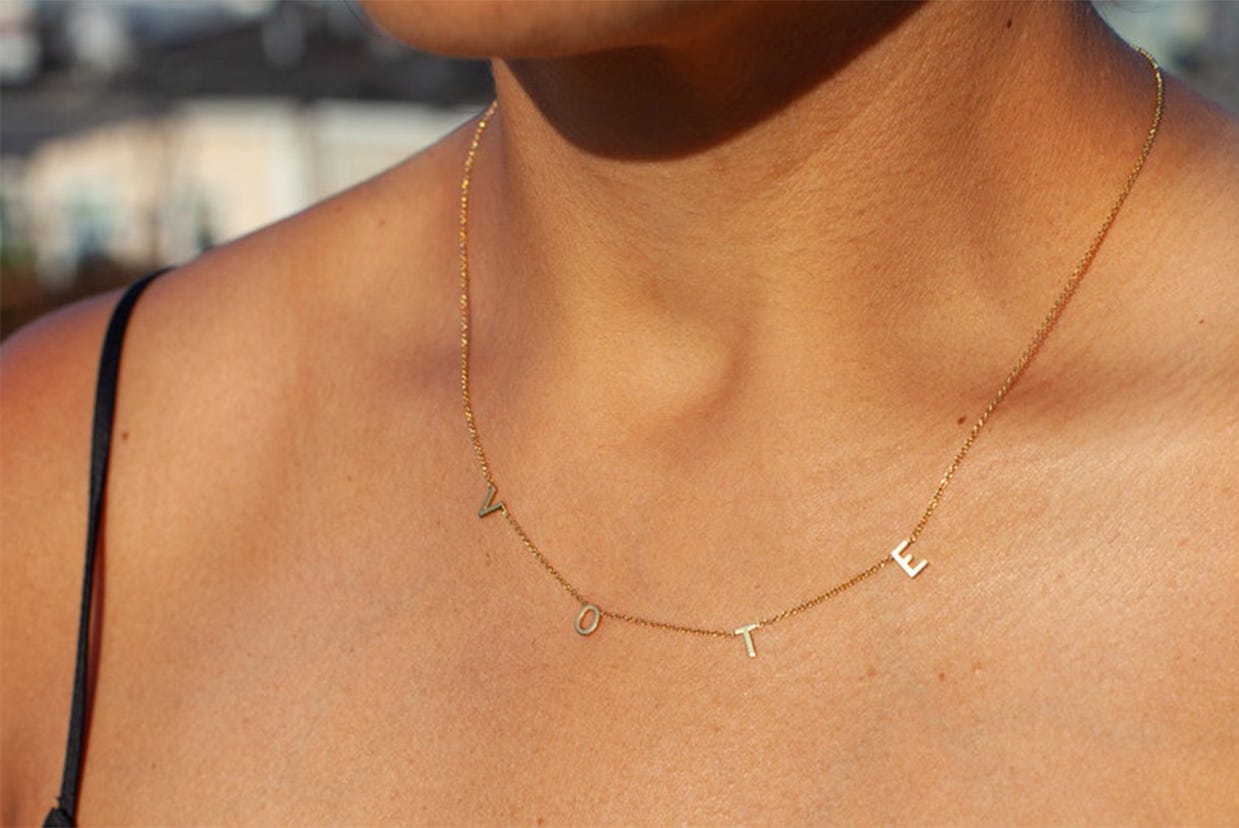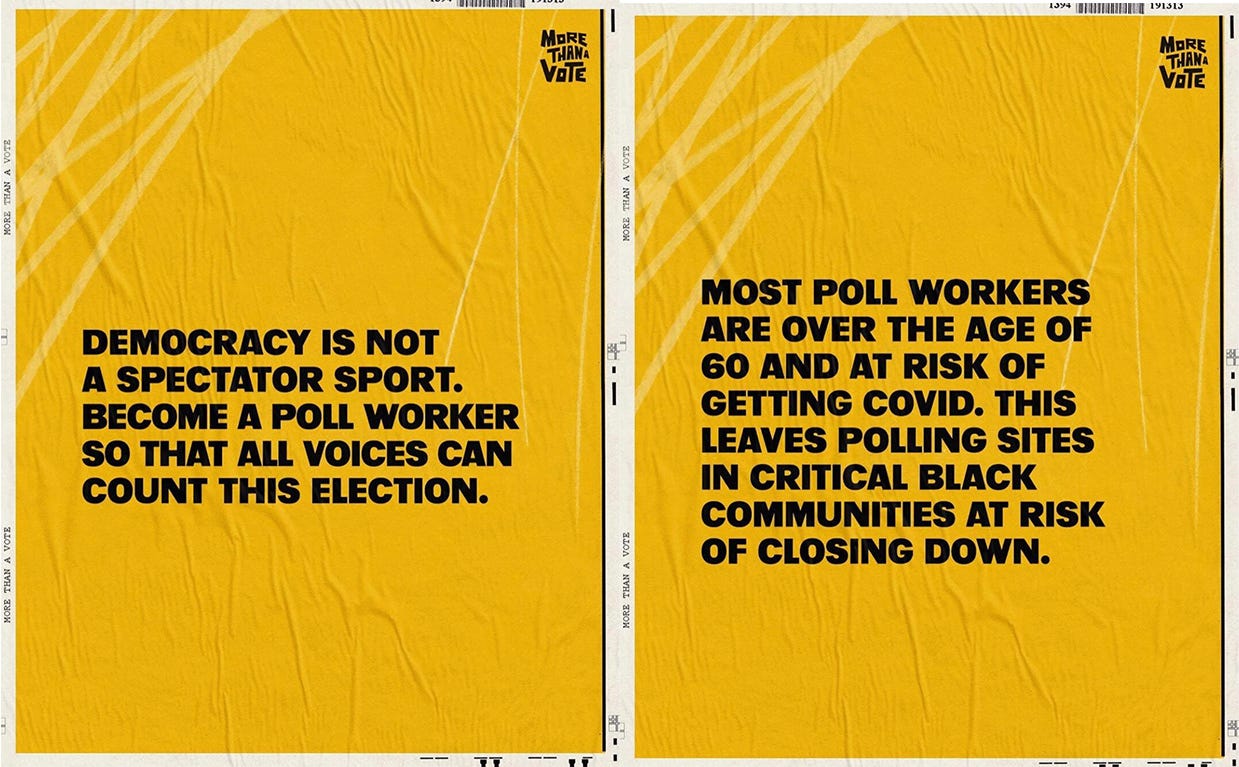How voter registration campaigns adapted to the pandemic
The voter registration group HeadCount was supposed to spend the summer on the road, registering fans of artists like Camila Cabello and Harry Styles while on tour. When the coronavirus hit, though, forcing musicians to postpone tour dates, the group had to change its tactics.
“Covid has been a curveball,” HeadCount executive director Andy Bernstein told Yello in an interview.
Voter registration campaigns this year have had to adapt their strategies for the pandemic, and there are also new concerns, like poll worker shortages and an anticipated increase in voting by mail, that have added to the workload.
After concerts were canceled, HeadCount shifted its promotions with musicians online. Rather than signing up to vote at Cabello’s since-postponed Romance Tour, fans could enter to win a video chat with her, while Billie Eilish offered the chance to win a signed vinyl, hoodie, and t-shirt to fans who registered. Last month, HeadCount held a virtual festival that was free to watch for those who checked their registration status.
“We found ways to make it work,” Bernstein said. “These online promos, when they work well, we register as many voters as we would on tour. We had to get more creative, but it paid off.”
Specific promotions encouraging people to check their registration status have proven especially effective, with anywhere from 10% to 40% of people finding out they’re not actually registered, Bernstein said.
Credit: screenshot from “VOMO: Vote or Miss Out.”
In 2018, former first lady Michelle Obama held a rally in Las Vegas for When We All Vote, her nonprofit group, but she’s since gone all virtual, holding a digital event last week and appearing in ABC’s nonpartisan “VOMO: Vote or Miss Out” special on Monday along with Kevin Hart, Arnold Schwarzenegger, Ann Romney, and others.
Michelle Obama and models pose with When We All Vote merch. Photos: courtesy When We All Vote, Gary Williams
When We All Vote also rolled out a merch line that included collaborations with the Washington, D.C., street art team No Kings Collective and ByChari, the jewelry brand behind the “Vote” necklace Obama wore during her DNC speech. When We All Vote also partnered with Supreme for a QR code posted on public walls which led users to a voter registration page.
Rock the Vote has also co-hosted virtual events, like “Drag Out the Vote” with a group of drag queens last week, and it launched a Facebook Messenger service that allows users to text in for information about topics like registration and local polling locations.
According to Power the Polls, a poll worker recruitment initiative, most poll workers are over the age of 60 and the pandemic has led to fewer signing up to work Election Days. In Anchorage, Alaska, for example, 95% of poll workers declined to work this year, while in Kentucky, in-person voting has been consolidated to one polling place per county because of concerns over poll worker recruitment.
Subscribe to Yello for the latest in visual politics delivered each week:
Groups including Rock the Vote and More Than a Vote, LeBron James’ voter registration nonprofit, have pushed their followers on social media to sign up to become poll workers. More Than a Vote partnered with the NAACP Legal Defense Fund to target at-risk polling sites in Black communities in the South.
Credit: @morethanavote/Instagram
While vote-by-mail rates could be higher than average this year, it’s not actually the preferred method of voting, said Bernstein, the HeadCount executive director.
“With vote-by-mail, you have to be very careful, because a lot of mail-in ballots are rejected,” he said. “It’s very important that voting rights advocates are aware of the pitfalls. I think you have this weird dynamic where it was really important that states prepare for vote-by-mail and to support it. That doesn’t mean that vote-by-mail is the best way to vote.”
Credit: @headcountorg/Instagram
HeadCount still promotes vote-by-mail, but they’re planning to closely guide voters through the process.
“On our website, you can request an absentee ballot, but what we’re going to do is every person who receives an absentee ballot will receive a series of text messages to make sure that they got it in time, filled it out correctly, mailed it in time,” Bernstein said.
Brands and social networks are also getting on board with registration efforts. Rock the Vote’s Brands for Democracy initiative works with brands including Comedy Central, Gap, and Hulu to create custom registration campaigns, and Snapchat announced Monday more than 400,000 people had already registered to vote in the app.

